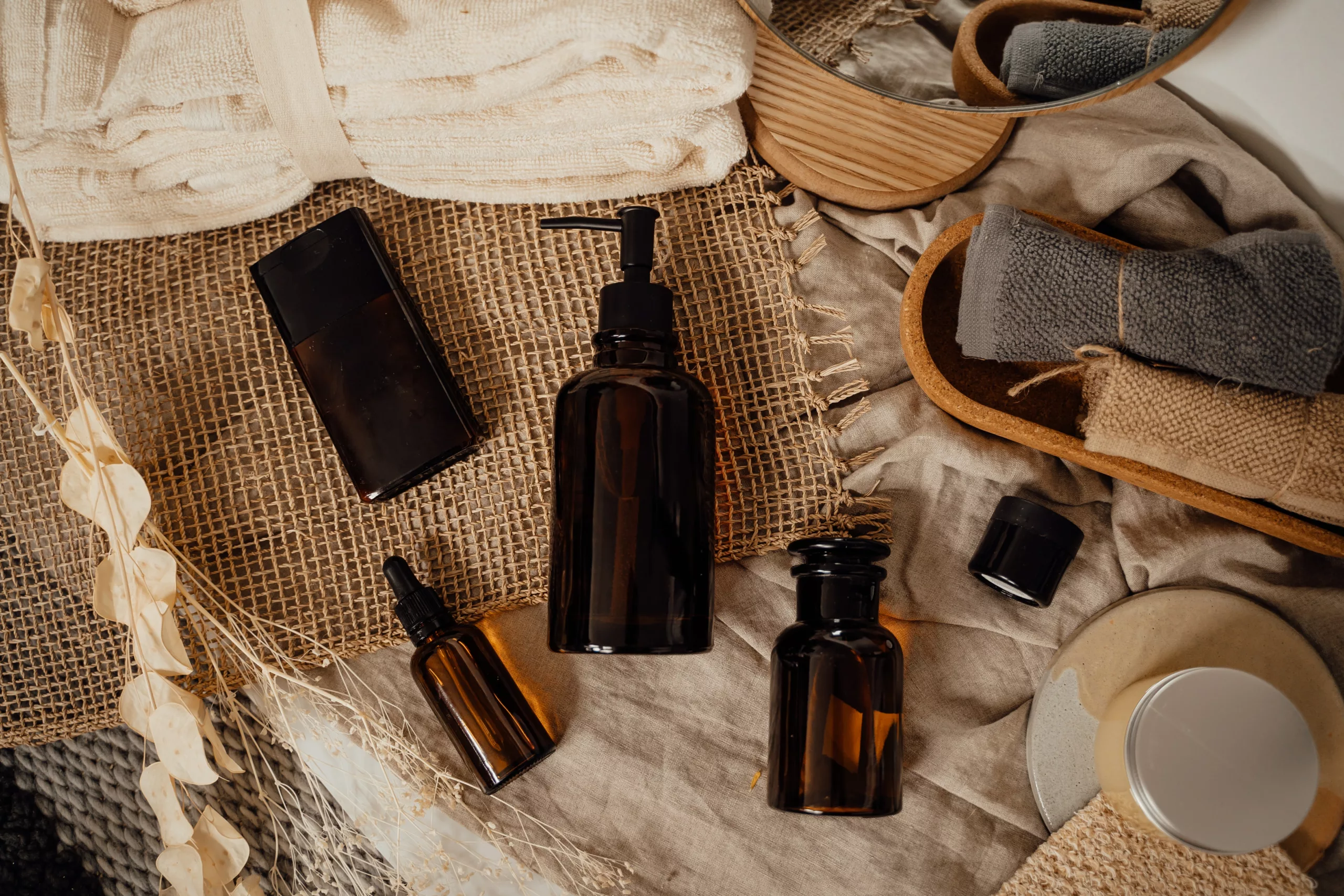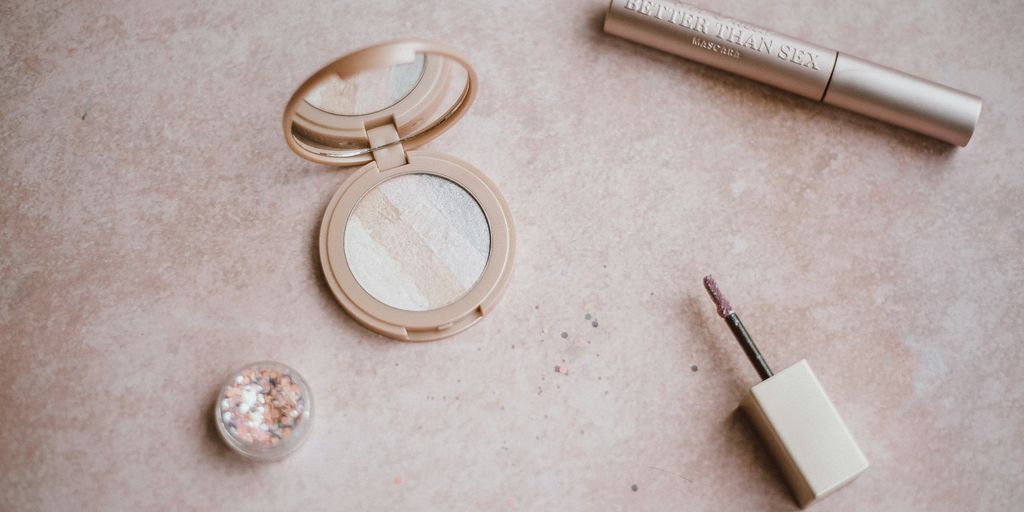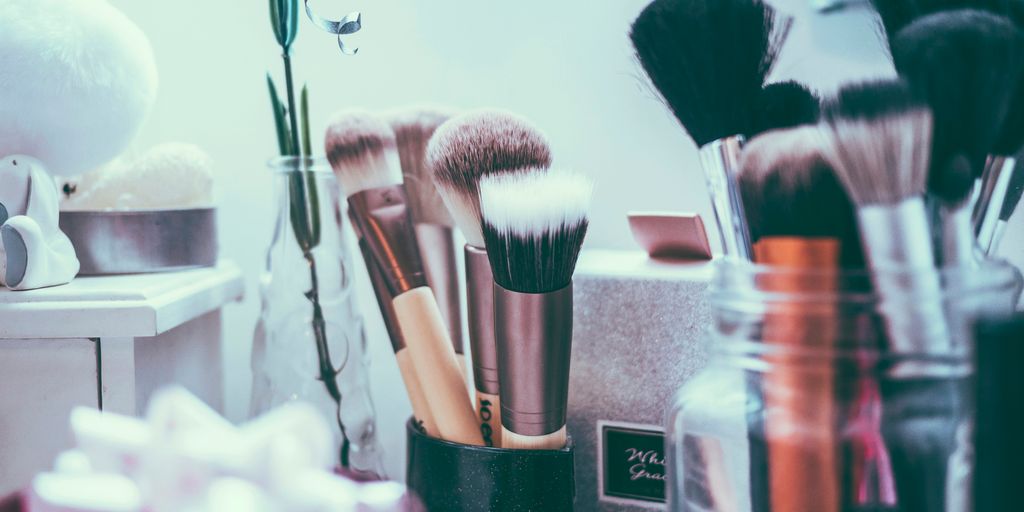If you prioritize the health and well-being of your hair, understanding the ingredients in your shampoo is paramount. This guide aims to illuminate the harmful chemicals present in certain popular shampoo brands, empowering you to make informed choices and safeguard your hair from potential damage. By delving into the detrimental ingredients to be wary of, as well as highlighting the importance of sustainability and vegan-friendly alternatives, we will explore how to navigate away from harmful shampoo brands.
We’ll delve into this guide and discover how to steer clear of products that may compromise both your hair and your values. To start with, let’s explore sustainable alternatives.
Discover Sustainable and Vegan-Friendly Shampoo Alternatives
Here is a list of shampoo brands known for their commitment to sustainability, vegan-friendly formulations, eco-friendly practices, and use of natural ingredients.
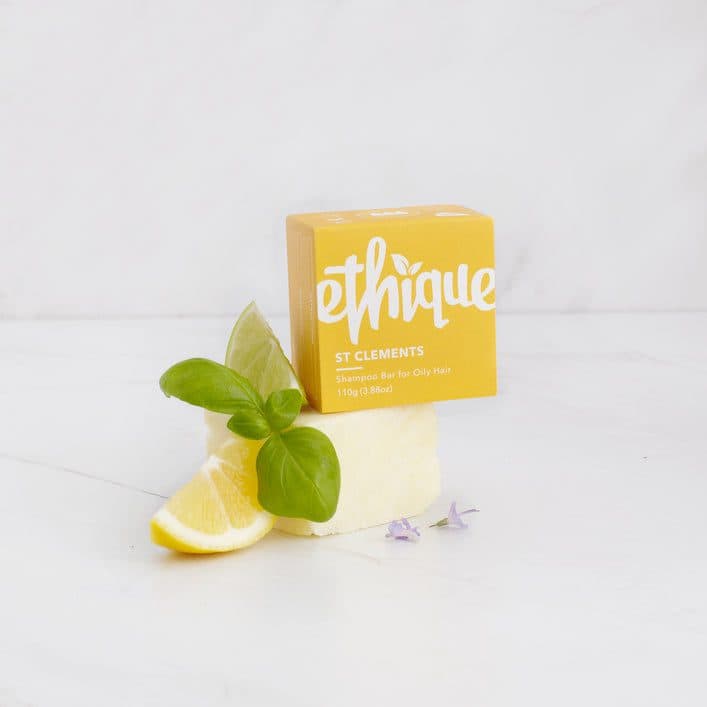
Ethique is a sustainable brand that specializes in solid bar shampoos. They are vegan, cruelty-free, and use ethically sourced, plant-based ingredients. Their packaging is compostable, and they have a strong focus on reducing waste and promoting environmental sustainability.

Aveda is committed to environmental sustainability and uses plant-based ingredients in its hair care products. They have a range of vegan-friendly shampoos and conditioners and prioritize responsible sourcing and ethical production practices. Aveda also supports various environmental initiatives.

Yarok offers vegan and cruelty-free hair care products, including shampoos. They use natural, organic ingredients and avoid harsh chemicals. Yarok is dedicated to sustainability and utilizes eco-friendly packaging made from recycled materials.
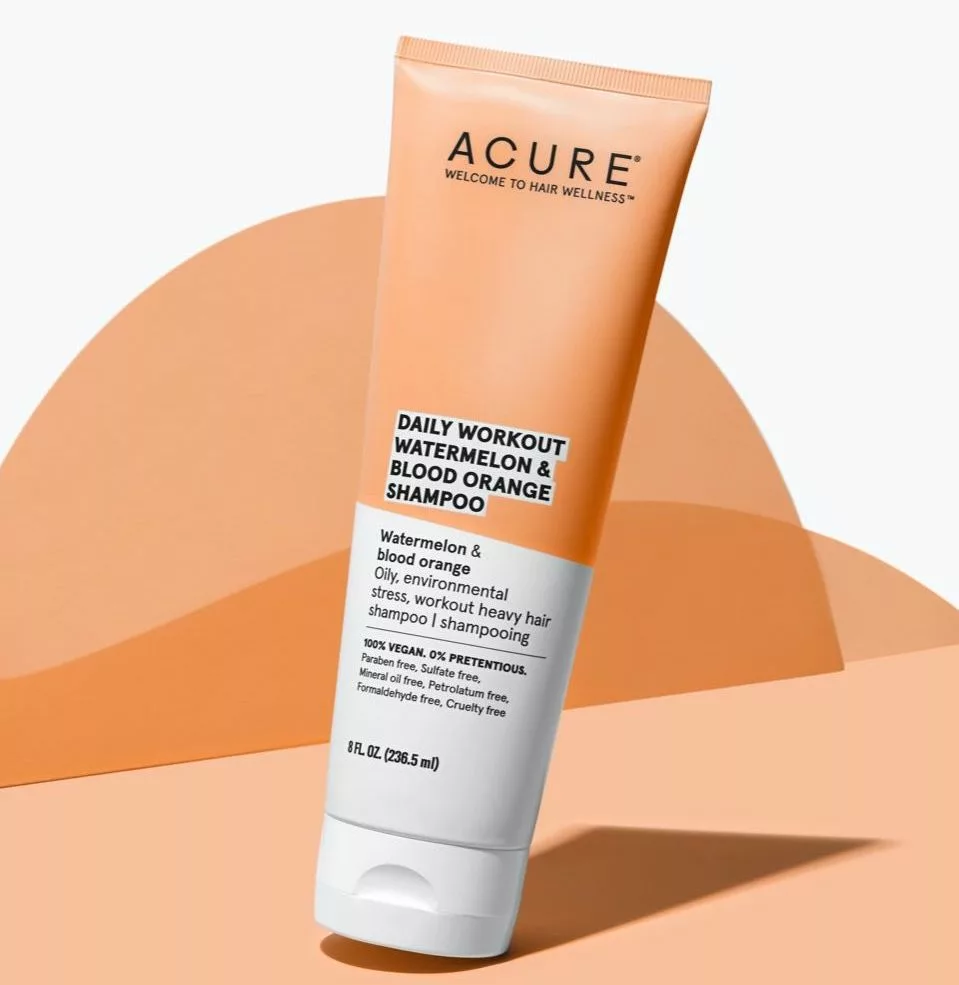
Acure Organics focuses on natural and organic ingredients in its hair care line. They offer vegan and cruelty-free shampoos that are free from sulfates, parabens, and synthetic fragrances. Acure Organics also emphasizes sustainability in its packaging and sourcing practices.

Pureology is a brand that offers vegan shampoos and conditioners. They focus on sustainability by using 100% vegan formulas, recyclable packaging, and supporting renewable energy initiatives.
Please note that while these brands emphasize sustainability, vegan formulations, and natural ingredients, it’s always a good idea to review the specific product labels or visit the brands’ websites for the most up-to-date information on their practices and ingredients to ensure they align with your personal preferences and values.
5 Popular Yet Harmful Shampoo Brands to Avoid
When it comes to choosing the right shampoo, it’s important to be aware of popular brands that may not align with your values of ingredient safety and sustainability. Some well-known harmful shampoo brands have been criticized for their use of harmful ingredients and lack of commitment to sustainable practices. Let’s explore some popular harmful shampoo brands to avoid, considering their use of harmful ingredients and non-sustainable practices.

Pantene is a popular shampoo brand that is widely available in many countries. However, many of its products contain sulfates, which can be damaging to the hair and scalp. Sulfates can strip the hair of its natural oils, leading to dryness, irritation, and even hair loss. Pantene is also known for testing its products on animals, making them non-vegan. Additionally, the brand uses ingredients that may be harmful to the environment and are not sustainable.
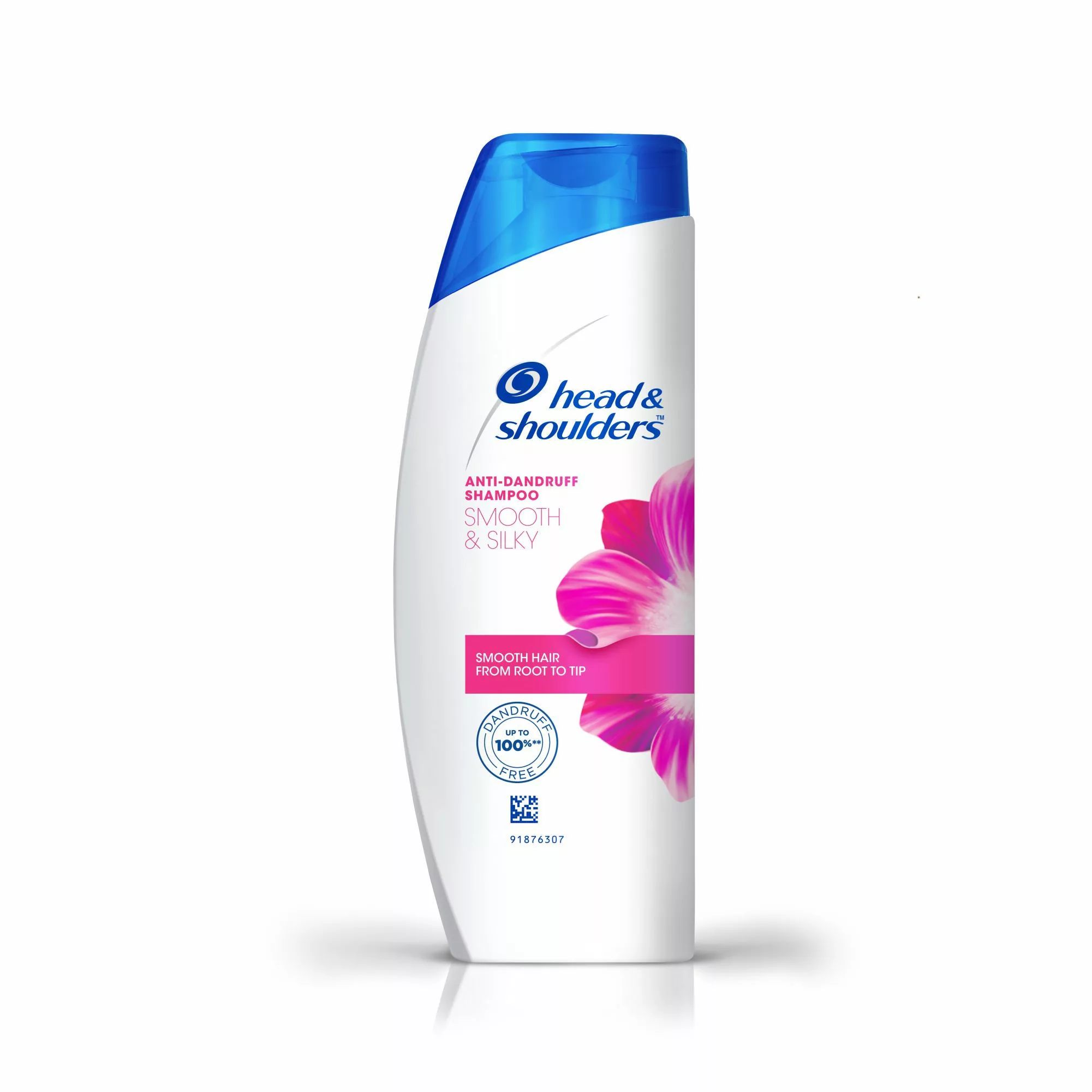
Head & Shoulders is a well-known anti-dandruff shampoo brand. However, many of its products contain sulfates and parabens, which can be harmful to the hair and scalp. Sulfates can strip the hair of its natural oils, while parabens have been linked to hormone disruption and even cancer. It also conducts animal testing, which goes against vegan principles.
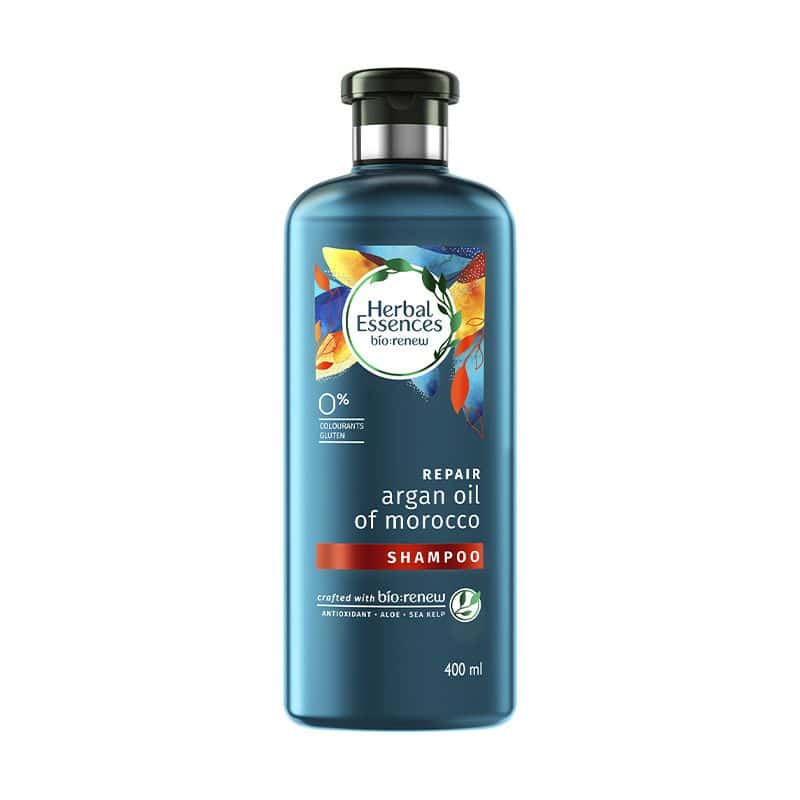
Herbal Essences is a popular shampoo brand that uses fragrances to give its products a pleasant scent. Owned by Procter & Gamble, it is not vegan-friendly as they test on animals. Moreover, their formulations often contain artificial fragrances, parabens, and sulfates that can have negative impacts on the environment. Also, in the ingredient list is Phthalates that have been linked to hormone disruption and birth defects. They can also cause allergic reactions and skin irritation.

L’Oreal is a multinational beauty company that produces a wide range of hair care products, including shampoos. However, many of its products contain sulfates, parabens, and silicones, which can damage the hair and scalp. They can cause hair damage, irritation, and even hair loss. It is a major cosmetics conglomerate that tests on animals, making its products non-vegan. Despite some sustainability efforts, they still rely on non-renewable resources and have room for improvement in terms of sustainability.
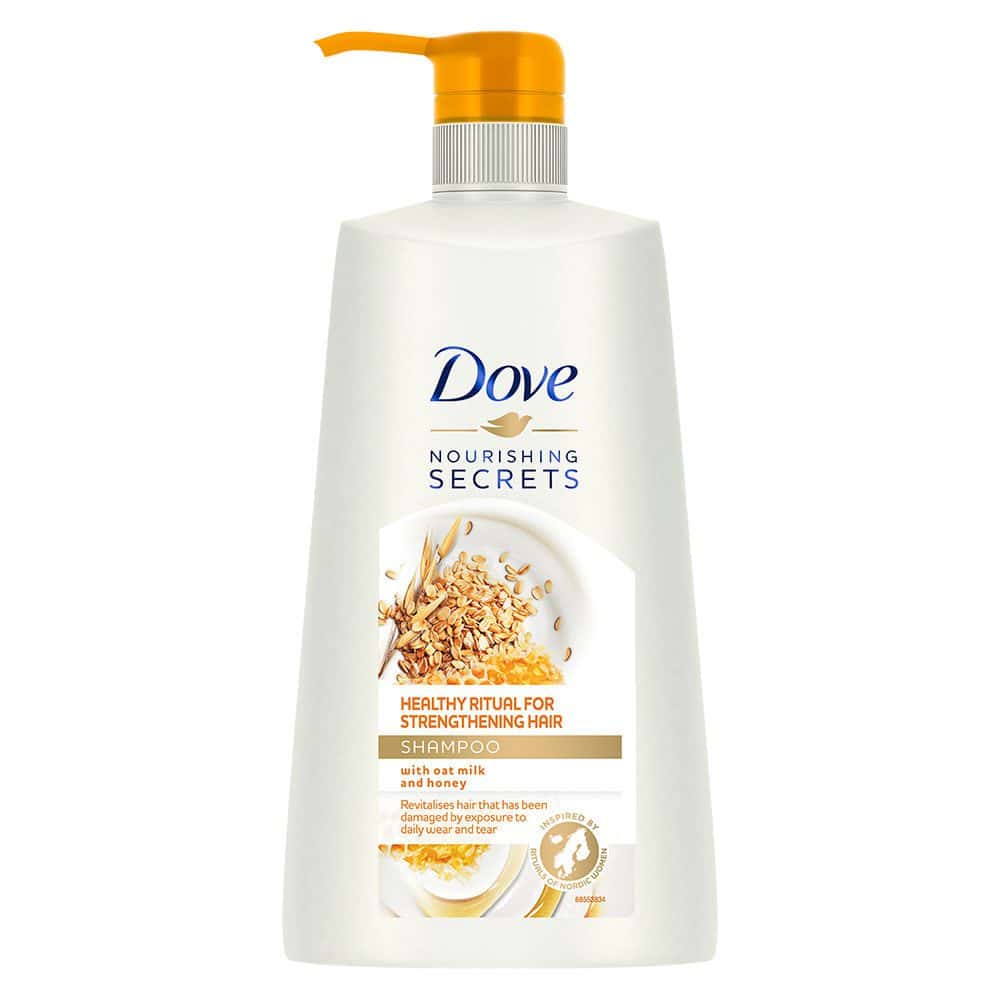
Dove is a well-known personal care brand that produces a range of hair care products, including shampoos. However, many of its products contain sulfates and parabens, which can be harmful to the hair and scalp. They can cause dryness, irritation, and even hair loss. It is not cruelty-free and conducts animal testing. While they have made efforts to promote sustainability, their products still contain non-sustainable ingredients and packaging.
Being mindful of the ingredients and sustainability practices of popular harmful shampoo brands is crucial for personal health and environmental well-being. Many widely recognized brands have been found to include harmful ingredients and engage in non-sustainable practices. By avoiding these brands and opting for more eco-conscious alternatives, you can contribute to a healthier and more sustainable world.
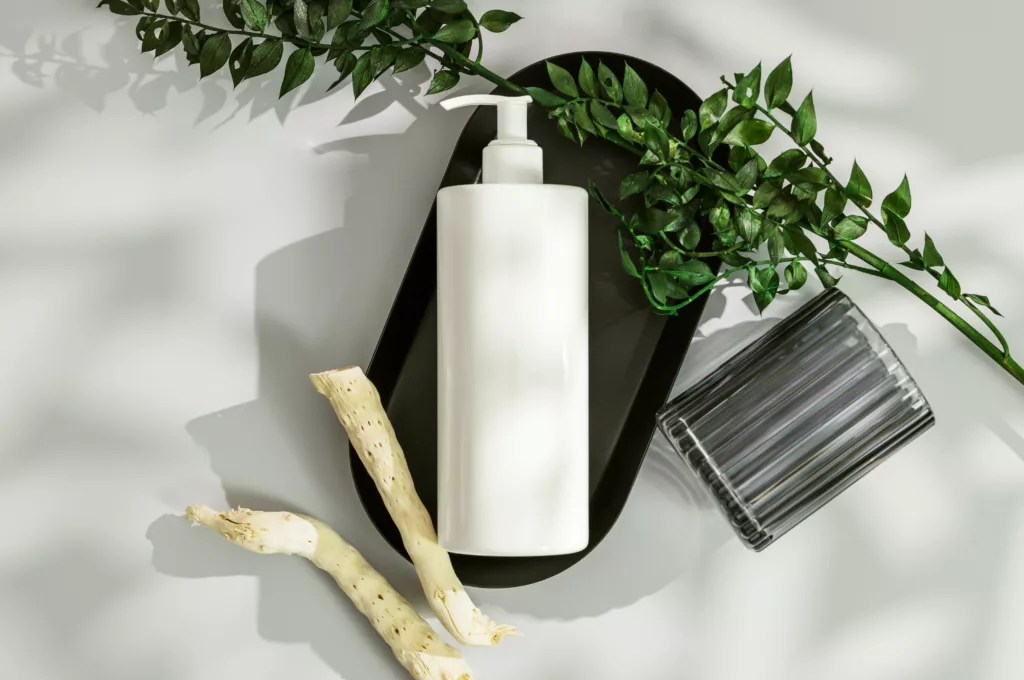
Why Certain Harmful Shampoo Brands Should Be Avoided?
The shampoo is an essential part of our hair care routine, but not all shampoo brands are created equal. Many commercial harmful shampoo brands contain chemicals and ingredients that can damage our hair, scalp, and overall health. Here are some reasons certain harmful shampoo brands should be avoided.
Harmful Chemicals
Many commercial shampoo brands use harmful chemicals and ingredients such as sulfates, parabens, and silicones. These chemicals can strip the hair of its natural oils, leading to dryness, irritation, and even hair loss. They can also disrupt the hormone balance, leading to reproductive issues and even cancer.
Hair Damage
Shampoos containing harsh chemicals can cause damage to the hair, leaving it dry, brittle, and prone to breakage. Sulfates, in particular, can cause hair damage by stripping the hair of its natural oils and weakening the hair follicles. This can lead to hair loss and scalp irritation.
Allergic Reactions
Some people may be allergic to certain chemicals and ingredients commonly found in shampoos. Parabens, for example, have been linked to allergic reactions, including skin irritation and rashes. Fragrances, another common ingredient in shampoos, can also cause allergic reactions in some people.
Environmental Impact
Many commercial harmful shampoo brands are not environmentally friendly and can harm the environment. They often contain harmful chemicals that can pollute waterways and harm aquatic life. The production and packaging of these shampoos can contribute to waste and pollution.
To ensure that you are using safe shampoo products, it’s important to refer to a safe shampoo list that experts have compiled. These lists typically provide information on the ingredients to avoid and recommend safe alternatives. When choosing a shampoo, look for natural and organic options that are free from harmful chemicals.
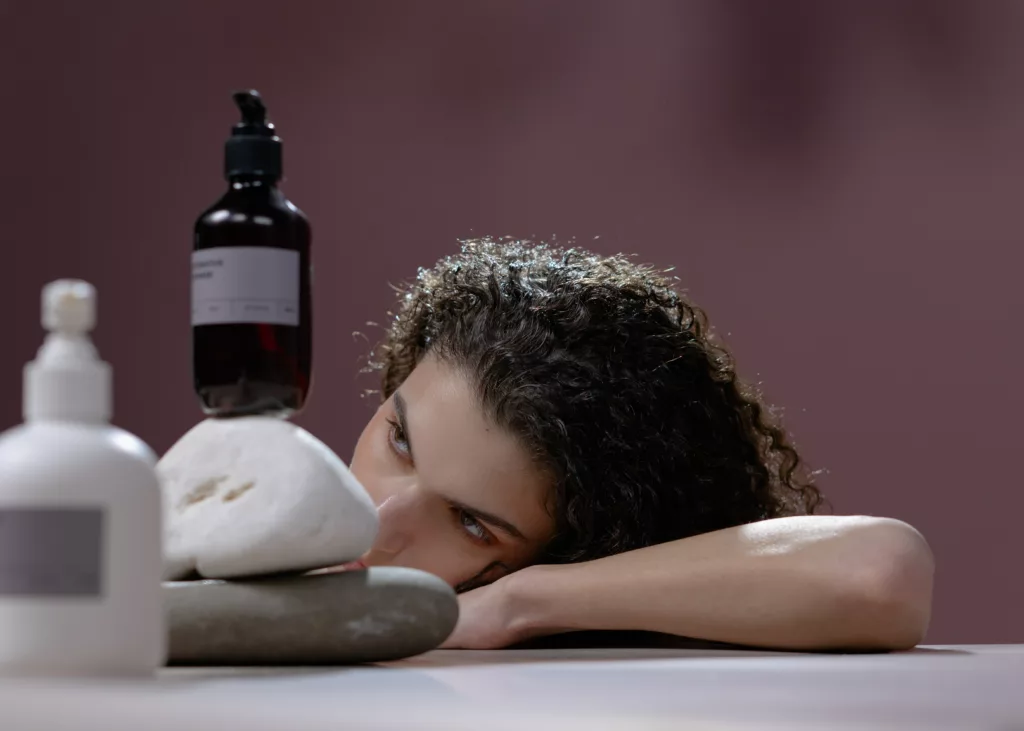
Harmful Shampoo Brands and Their Ingredients
Shampoos are an essential part of our hair care routine, but have you ever wondered what harmful chemicals they may contain? Many commercial shampoos use ingredients that can damage our hair, scalp, and overall health. In this blog, we’ll inspect some harmful ingredients commonly found in shampoos.
Sulfates
Sulfates are a group of harsh detergents that are commonly found in harmful shampoo brands. They foam action in shampoos and can damage the hair and scalp. Sulfates can strip the hair of its natural oils, leading to dryness, irritation, and even hair loss.
Parabens
Parabens are a group of preservatives that are commonly found in shampoos. They are used to prevent bacterial growth and increase the shelf life of the product. However, they have been linked to hormone disruption, reproductive issues, and even breast cancer.
Silicones
Silicones are a group of synthetic polymers that are commonly found in shampoos. They are used to give the hair a smooth and shiny appearance. However, they can build up on the hair, making it appear dull and lifeless. They can also clog the hair follicles, leading to hair loss and irritation.
Formaldehyde
Formaldehyde is a chemical that is commonly found in shampoos as a preservative. It is a known carcinogen and has been linked to respiratory issues, allergic reactions, and even cancer.
Phthalates
Phthalates are a group of chemicals that are commonly found in shampoos as fragrance enhancers. They are used to make fragrances last longer but have been linked to hormone disruption, reproductive issues, and even birth defects.
Being aware of the ingredients in your shampoo is important to protect your hair and your health. By avoiding harmful ingredients like sulfates, parabens, and synthetic fragrances, you can choose the best shampoo brands that are gentle and nourishing for your hair. Look for natural ingredients and brands that are free from harmful chemicals to keep your hair looking healthy and beautiful.
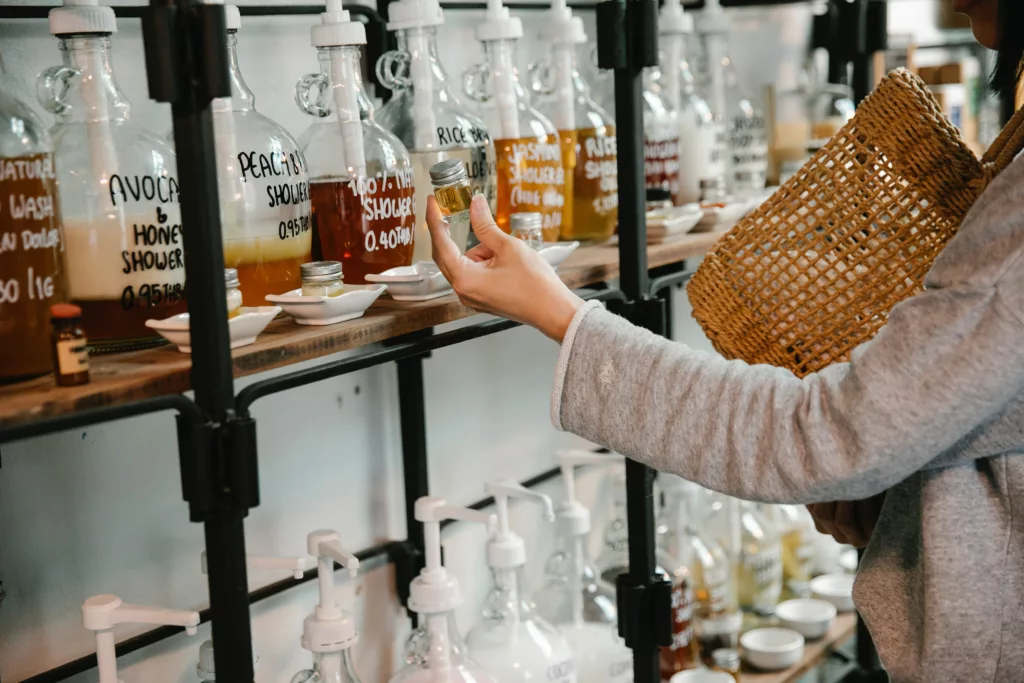
Tips to Choose Eco-Friendly Shampoo Brands
Choosing the right shampoo brand can be a daunting task, especially when there are so many options available in the market. Here are some tips to help you choose the best shampoo brand for your hair.
Ingredient Sourcing
- Look for shampoo brands that prioritize sustainable ingredient sourcing. This means using organic or ethically sourced plant-based ingredients.
- Choose brands that support fair trade practices and work directly with farmers or cooperatives to ensure a sustainable supply chain.
Packaging
- Consider brands that use eco-friendly packaging materials such as recycled or biodegradable packaging.
- Look for shampoo brands that minimize packaging waste by using refillable or reusable containers.
Cruelty-Free and Vegan Certifications
- Choose shampoo brands that are certified cruelty-free by organizations such as Leaping Bunny or PETA. These certifications ensure that no animal testing is conducted.
- Look for vegan certifications that guarantee the absence of any animal-derived ingredients in the shampoo formulation.
Ethical Manufacturing Practices
- Consider shampoo brands that prioritize ethical manufacturing practices.
- Look for brands that follow fair labor practices, ensure safe working conditions, and provide fair wages to their employees.
Sustainability Initiatives
- Research and choose shampoo brands that actively engage in sustainability initiatives.
- This can include using renewable energy sources in their manufacturing processes, implementing water conservation measures, or supporting environmental organizations and initiatives.
Transparent Brand Communication
- Look for shampoo brands that are transparent about their sustainability practices and initiatives.
- Brands that openly share information about their environmental commitments, ingredient sourcing, and packaging choices demonstrate a genuine commitment to sustainability.
Certifications and Labels
- Pay attention to eco-certifications and labels such as USDA Organic, Ecocert, or B Corp.
- These certifications indicate that the brand meets specific environmental and social responsibility standards.
Environmental Impact
- Consider the overall environmental impact of the shampoo brand.
- Look for brands that prioritize sustainable practices throughout their entire product life cycle, from ingredient sourcing to production, distribution, and disposal.

Create Your Own Sustainable and Vegan DIY Shampoo with Natural Ingredients
Here’s a simple recipe for a homemade DIY shampoo using natural ingredients that are sustainable and vegan.
Ingredients
- 1 cup of liquid castile soap
- 2 tablespoons of coconut milk
- 1 tablespoon of olive oil
- 1 tablespoon of apple cider vinegar
- 10-15 drops of essential oil (optional, for fragrance)
Instructions
- In a bowl, mix together the liquid castile soap, coconut milk, olive oil, and apple cider vinegar.
- If desired, add 10-15 drops of your preferred essential oil for a pleasant scent. You can use essential oils like lavender, rosemary, or peppermint.
- Stir the mixture well to ensure all the ingredients are combined thoroughly.
- Transfer the mixture to a reusable, preferably glass bottle with a tight lid.
- Your DIY shampoo is now ready to use!
How to Use
- Wet your hair thoroughly.
- Shake the bottle before each use to ensure the ingredients are well mixed.
- Pour a small amount of the DIY shampoo onto your palm.
- Massage the shampoo into your scalp and hair, creating a gentle lather.
- Rinse thoroughly with warm water.
- Follow with a homemade conditioner or a vinegar rinse (optional).
This homemade shampoo is free from harsh chemicals and synthetic additives commonly found in commercial shampoos. It utilizes natural ingredients and is both sustainable and vegan-friendly. Remember to patch-test the shampoo on a small area of your scalp before using it extensively to ensure you don’t have any allergic reactions to the ingredients. Enjoy your eco-friendly and personalized hair care routine!
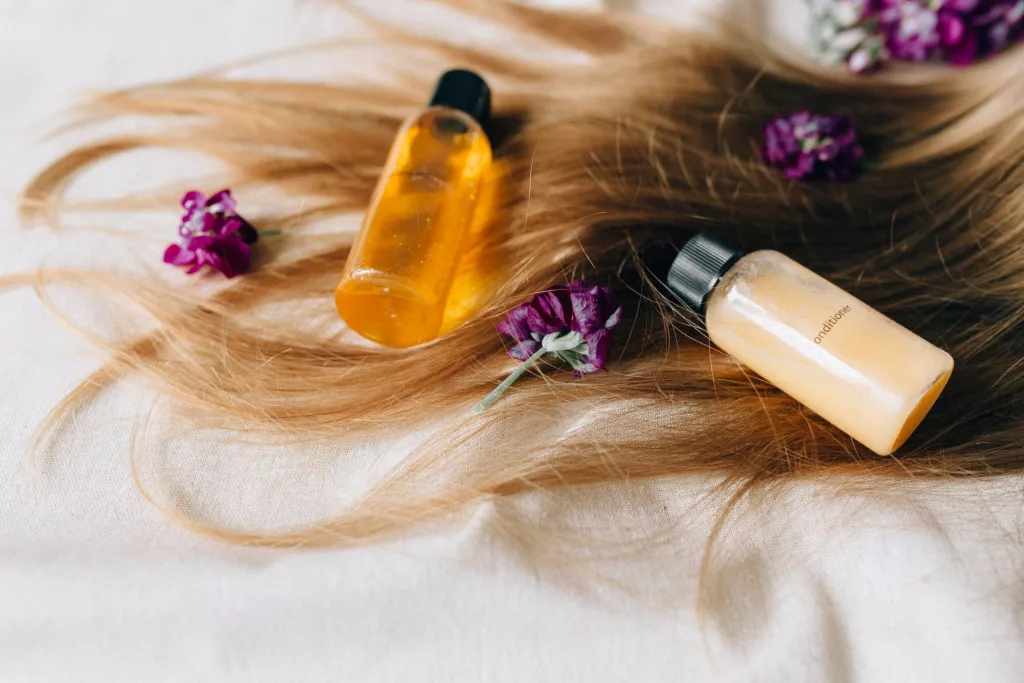
Summing Up!
In conclusion, it is crucial to prioritize our hair care by avoiding harmful ingredients commonly found in popular harmful shampoo brands. Ingredients such as sulfates, parabens, and silicones can lead to hair damage, irritation, and hormonal disruptions. By opting for vegan and sustainable alternatives, we can protect our hair and scalp from these detrimental effects.
Choosing shampoo brands that use natural and organic ingredients not only promotes healthier hair but also aligns with our values of cruelty-free and eco-friendly practices. With the information provided in this guide, we can confidently make informed decisions, avoiding harmful shampoo brands and embracing a more sustainable and compassionate approach to hair care.
Join us in making the world a greener place today! Visit our eco-friendly store and start shopping sustainably.
